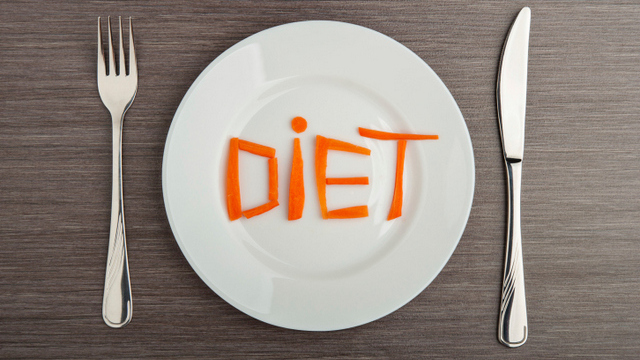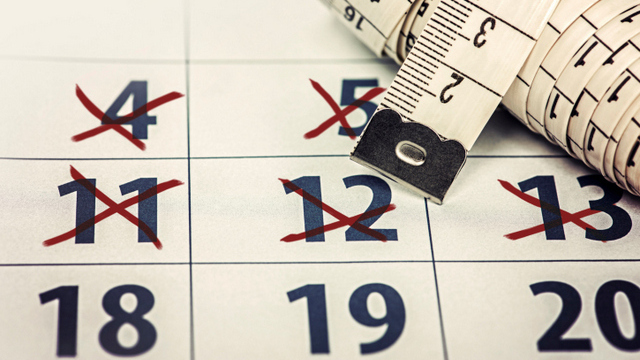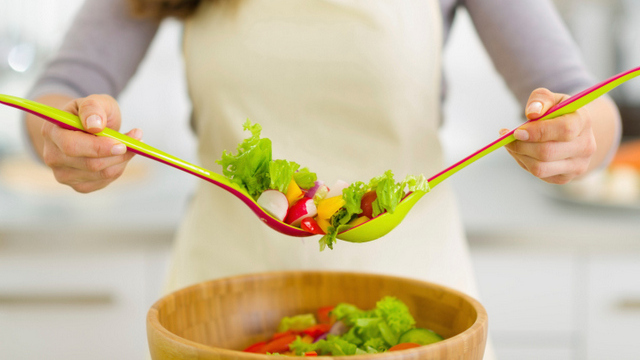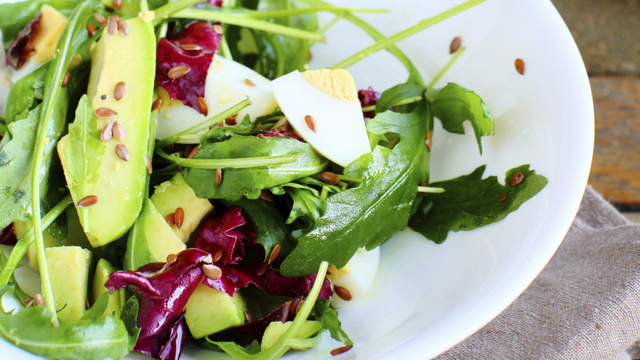
The Fast Diet is also known as the 5:2 Diet or the Intermittent Fasting Diet, and it’s caused a big stir in the diet and nutrition worlds. For help with all the facts on this diet, I turned to expert Celia Brooks , author of 5:2 Vegetarian and the 5:2 blog. Celia uses the diet herself, and finds it easy to follow even though she is a chef, food writer, and owner of a London gastrotour company. She answered the most common questions people have about the diet and shared all the essential figures of the diet with us.
1. Fast Diet: What is the 5:2 Diet?

This diet, also known as the Intermittent Fasting Diet (IF), has taken the UK by storm and is rapidly spreading throughout the world as people embrace its sustainable success.
The idea is that you eat normally and healthily but without counting calories, for 5 days a week, and then “fast” for 2 days a week.
The diet emerged onto the British scene in 2012 with a BBC Horizon documentary presented by Dr Michael Mosley called Eat, Fast, and Love Longer.
His bestselling book, The Fast Diet, explains the science behind it.
2. Fast Diet: Does That Mean You Don’t Eat for 2 Whole Days?

No, you don’t starve for two days a week. You choose which 2 days per week are your fast days (non-consecutive or back to back – whatever works for you) and you choose what you want to eat, taking care to count the calories so that you don’t consume over 500 / 600 on those days, which is roughly 25% of your normal calorie intake.
Some people opt for two meals a on fast days at roughly 250 cals each; others just eat one meal and spend their whole quota; it’s whatever works for the individual.
3. What Foods You Can Eat on a 5:2 Diet Fasting Day

Pretty much all veggies are permitted as they are so low-cal, especially non-starchy ones like:
leafy greens
salad
bell peppers
celery
cucumbers
tomatoes
mushrooms
cauliflower
broccoli
pickles
sauerkraut
These are usually paired with lean protein like:
eggs
tofu
beans
steamed fish or chicken
Wise choices are lots of low-calorie vegetables and lean protein, avoiding high-cal carbs and alcohol. It makes sense to get your calories from food only so you can fill up on that rather than wasting your quota on sugary drinks, soda, juice etc.
Drinking lots of water and unsweetened herbal tea through the day helps keep hunger at bay and is essential for staying hydrated, as we do get a surprising amount of water from food, which is significantly reduced on those two days.
4. Intermittent Fasting and Weight Loss

Drastically reducing your calorie intake by 75% for 2 days a week will almost certainly lead to weight loss. It adds up to a total reduction of about 3500 calories per week which is equivalent to 1 lb. of fat, so many people find they lose 1 lb a week until they reach their ideal weight.
You will not keep losing weight indefinitely – once your weight stabilizes at a healthy level it can be maintained by doing “6:1” – eating a healthy normal diet every day and fasting for one day a week.
It is important not to overcompensate on non-fast days, though the occasional over-indulgence can be forgiven and there’s no need to feel guilty. If you are finding your fast day difficult, it helps to remember that tomorrow you can feast (within reason).
5. Is the Fast Diet (Intermittent Fasting) Healthy?

Many people find that they up their vegetable and water intake hugely on fast days, which is a real boon to general health. The key is that this diet is sustainable, because you can maintain a food-loving lifestyle for most of the week; it’s a way of life rather than a crash diet where you lose weight and gain it all back again as soon as you go back to your normal eating habits.
Apart from weight loss, studies have shown that it stimulates cell repair and healing, and that it lowers your risk of diseases including heart disease, diabetes and cancer. As with all diets, it’s a good idea to consult a doctor before starting, especially if you have any health issues.
Get Celia Brook’s book, 5:2 Vegetarian, on Amazon by clicking the cover:





Comments
The Fast Diet: 5 Facts You Need to Know